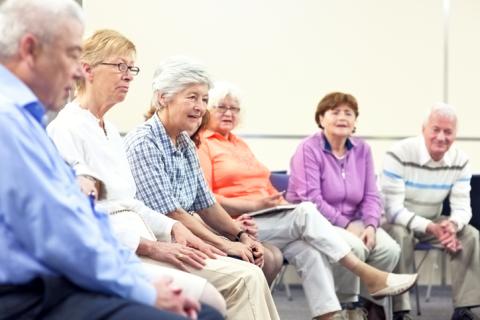Blog
Take a Holiday Photo for the Fam…Not the ‘Gram
Posted on January 21, 2020 - The holidays are over and you’re reviewing all those photos you took. USC experts say if your motivation was to post those shots on social media, you probably detracted from your experience of the events.
For Seniors, Mental Health Treatment Supports Physical Health
Posted on January 15, 2020 - As we grow older, we are more likely to be living with chronic health conditions. Heart disease, arthritis, vision and hearing loss, diabetes and many other illnesses all can take a toll on our quality of life, so it’s not surprising that many seniors who are living with health challenges are also dealing with depression, anxiety and even suicidal thoughts.
How Isolated Family Caregivers Can Connect
Posted on January 13, 2020 - “No one really understands what we go through and I’m not sure they care. So I just focus on her and me now.” When you’re providing care for an elderly or disabled loved one, life can be lonely. The AARP offers tips for making connections.
Three Gym Safety Tips for 2020
Posted on January 8, 2020 - It’s a pretty common New Year’s resolution: join a gym, or if you already have a membership, spend more time there. Working out at a gym offers many health advantages, including weight control, disease management and depression-busting. Instructors teach classes and are often on the scene to be sure you are using equipment properly. Personal trainers help ensure you’re sticking to your exercise routine. And you can’t use bad weather as an excuse to skip a gym workout! Today, many Medicare Advantage plans offer a free gym membership; they know this helps seniors remain independent and healthy, and in the process, saves on healthcare costs.
New finding offers possibility for preventing age-related metabolic disease
Posted on January 6, 2020 - That spare tire harms more than our vanity! A Yale research team is trying to understand why belly fat increases as we grow older—and how that is related to age-related diseases.




